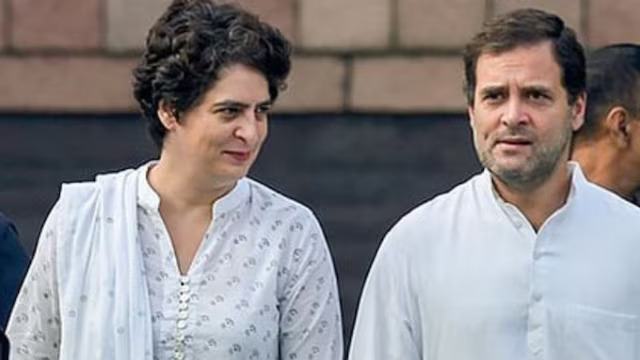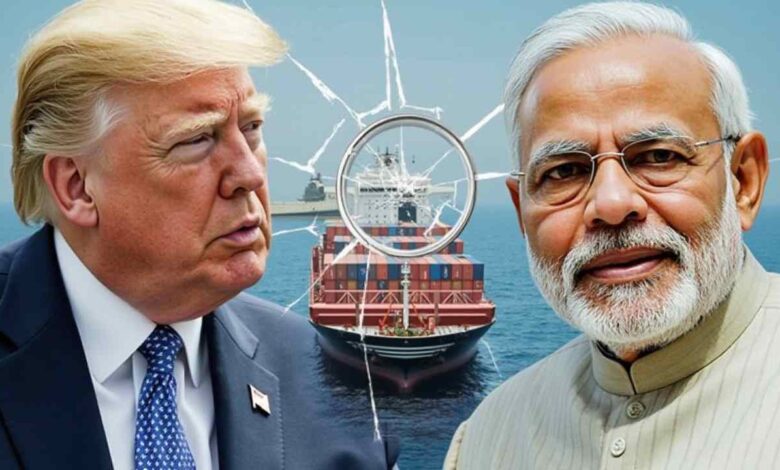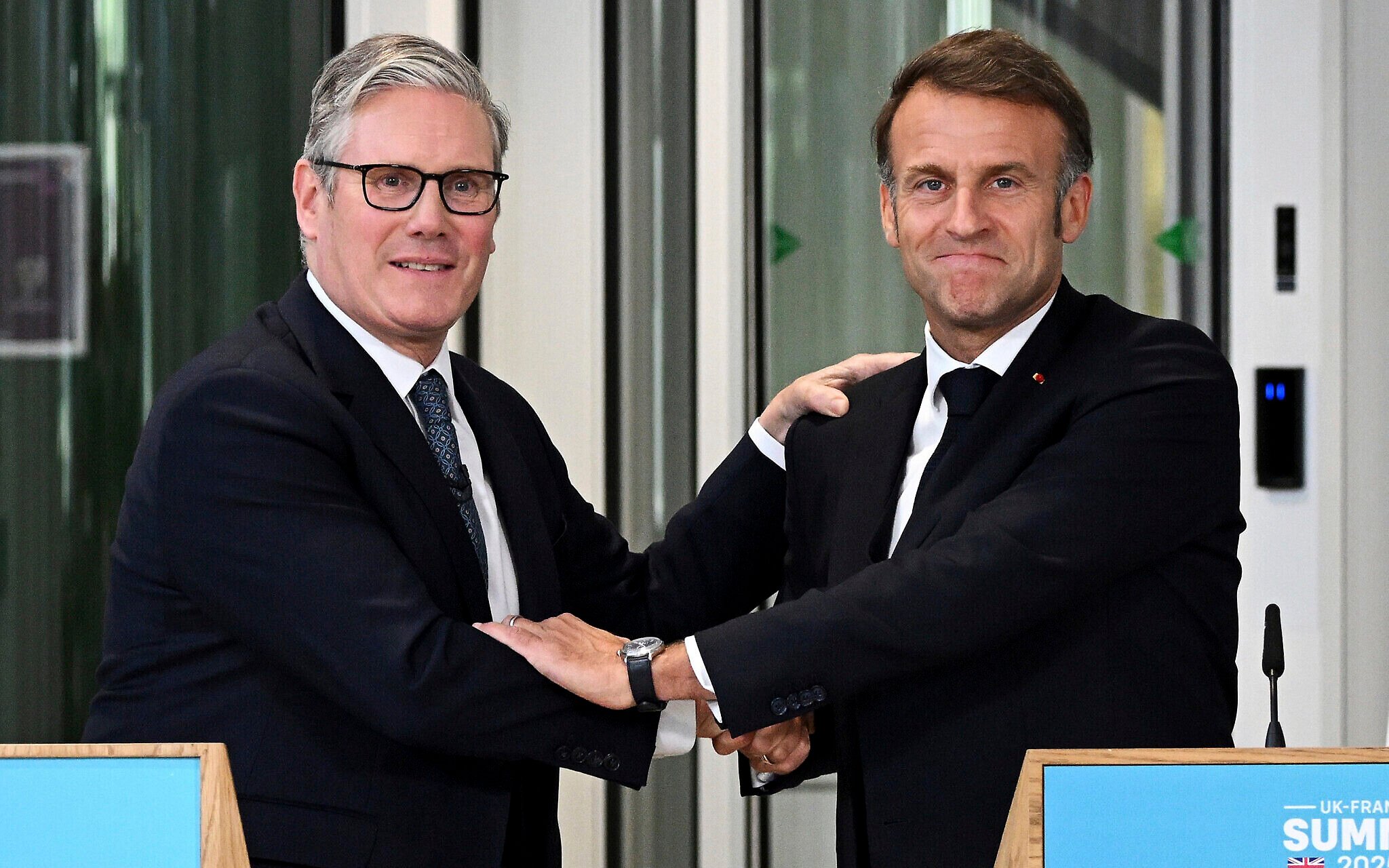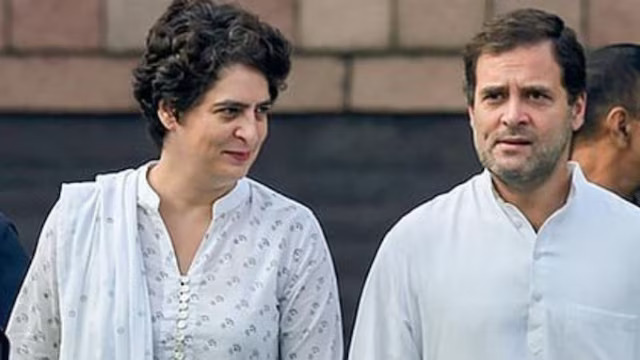Trump’s India Tariffs with Penalty: MAGA in Action

Donald Trump's recent announcement of a 25% tariff on goods from India, coupled with an unspecified "penalty," has sparked a measured but firm response from the Indian government. The US President justified these measures by citing India's high tariffs, significant military purchases from Russia, and its substantial imports of Russian oil amidst the conflict in Ukraine. While labeling India a "friend," Trump also reiterated his long-standing grievance about the massive trade deficit the US holds with India, underlining a protectionist stance aimed at rebalancing trade relationships.
In its initial reaction, India's Ministry of Commerce and Industry stated it is carefully studying the implications of Trump's move, emphasizing its commitment to safeguarding national interests, particularly those of farmers, entrepreneurs, and Micro, Small and Medium Enterprises (MSMEs). The Ministry highlighted that India and the US have been engaged in extensive negotiations for a "fair, balanced and mutually beneficial bilateral trade agreement" for several months, indicating that despite the new tariffs, India remains dedicated to achieving a comprehensive trade deal. This diplomatic approach stands in contrast to Trump's more aggressive rhetoric.
The "penalty" alluded to by Trump is largely seen as a direct consequence of India's continued procurement of Russian oil and military equipment. US politicians, including Senator Lindsey Graham, have previously issued strong warnings to countries continuing to purchase Russian oil, threatening economic repercussions. However, India has consistently defended its energy choices, with External Affairs Minister S. Jaishankar reiterating that India prioritizes its citizens' interests and will purchase oil from any country offering the best price. Echoing this sentiment, Indian High Commissioner to the UK, Vikram Doraiswami, recently offered a sharp defense of India's Russian oil imports.
All said and done, this situation underscores a growing tension in India-US trade relations, driven by both economic imbalances and geopolitical considerations. While India seeks to protect its economic welfare and maintain strategic autonomy, particularly concerning its energy security, the US, under Trump, appears determined to leverage trade measures to enforce its foreign policy objectives and reduce its trade deficit. The coming weeks will likely see continued negotiations and strategic maneuvering as both nations navigate this complex landscape, with India committed to securing its national interests while seeking a balanced trade partnership.
—————

 19 hours ago
19 hours ago











[[comment.comment_text]]